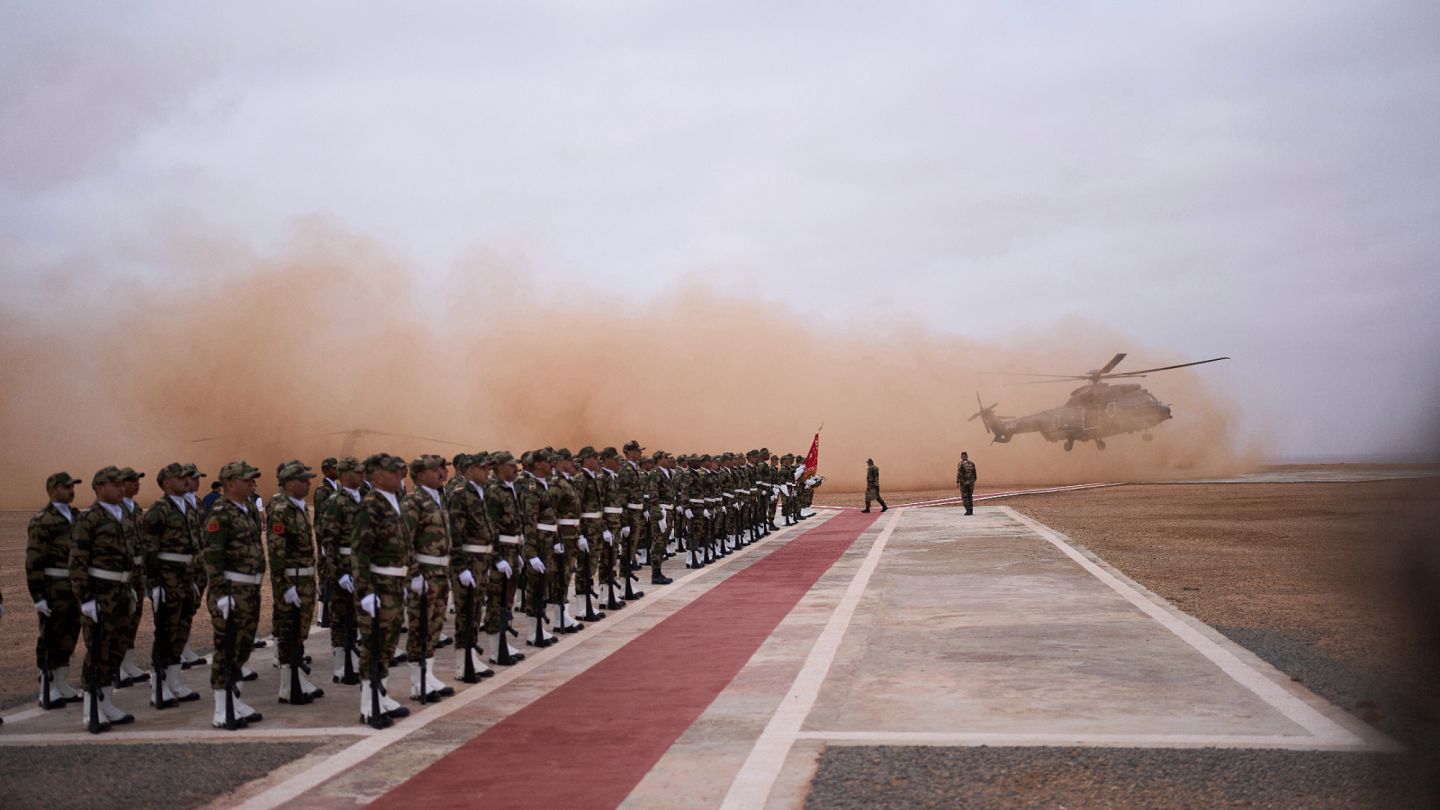US shifts Africa strategy and urges countries to handle their own security
The move reflects a broader rebalancing under President Trump, as Washington trims its global footprint while China and Russia expand influence.
The United States is recalibrating its military position across Africa, moving away from its traditional emphasis on good governance and tackling the root causes of insurgency. Instead, it is urging its regional partners to become more self-reliant in managing their own security challenges.The change in approach was evident during African Lion, the largest annual joint military exercise on the continent. "We need to be able to get our partners to the level of independent operations," said General Michael Langley, the top US commander in Africa, speaking to the Associated Press at the conclusion of the four-week drill."There needs to be some burden sharing," he added. "We have our set priorities now – protecting the homeland."The exercise brought together troops from over 40 nations for combined air, land and sea operations, including drone flights, close-quarters combat simulations and precision rocket launches in the desert. Washington's new focus is on building military capacity rather than nation-building. Langley said the Defence Department under President Donald Trump has prioritised a "leaner, more lethal force," one that may even involve trimming the US military footprint in regions like Africa.This pivot comes amid mounting competition with global powers. China has launched large-scale training efforts for African militaries, while Russian mercenaries have consolidated influence in North, West and Central Africa, positioning themselves as key security partners.In previous years, Langley had championed what he termed a "whole of government" approach, insisting that force alone was insufficient to stabilise fragile states. Last year, he pointed to integrated efforts in Ivory Coast — combining security and development — as a success story. But such examples remain rare."I've seen progression, and I've seen regression," Langley said, who is due to step down later this year.While the US shifts its posture, insurgencies continue to expand. A senior US defence official, speaking anonymously, said Africa is now viewed as the "epicentre" for both al-Qaeda and the so-called Islamic State (IS), with growing regional affiliates and IS command reportedly relocated to the continent.Despite rarely being a top Pentagon priority, the US has deployed some 6,500 personnel across Africa and invested hundreds of millions of dollars in security assistance. In several regions, US forces face direct competition from Russian and Chinese influence, while in others, jihadist threats still necessitate direct US involvement.In 2024, the Sahel region accounted for more than half of global terrorism-related deaths, according to the Institute for Economics and Peace. Somalia alone represented 6%, making it the deadliest African country for terrorism outside the Sahel.Although the US has ramped up airstrikes against al-Shabaab and IS targets in Somalia under the Trump administration, Langley conceded that the Somali military remains far from capable of ensuring long-term stability. "The Somali National Army is trying to find their way," he said. "There are some things they still need on the battlefield to be very effective."According to Beverly Ochieng, a security analyst at Control Risks, even before Western withdrawal, many regional armies lacked the resources and capacity to confront the scale of insurgent threats."Many of them do not have strong air forces and are not able to monitor the movement of militants, especially in areas where roads are very difficult to traverse," she said.


